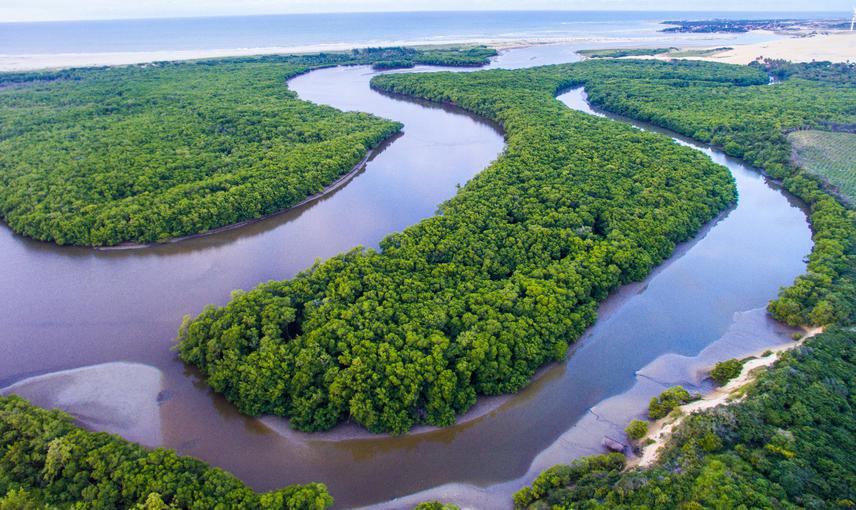Social media video featuring the project.
When education is a result of fun activities.
7 Feb 2018 Trairi, Brazil, Central and Latin America Marine | Habitats | Education
The uniqueness and abundance of coastal habitats had attracted many communities to live off its natural resources. With the depletion of natural stocks and the introduction of commercial fishing into local communities, some natural aspects of the habitats have changed dramatically. Here we propose to re-establish the link community-environment through educational practices executed by the local school and supervised by researchers. We propose educational activities that fulfil both the aims of the Conservation Plan and the needs of better teaching methods in the public school. We investigate key species, monitoring of the habitats, and analysis of reef fish biodiversity.

The northeast coast of Brazil is commonly known to be the heaven on Earth. Natural rock pools with crystal clear waters at a 27 degrees and colourful fishes around. The beach scenario is backed up with white sand dunes that gently guide the river to its final encounter, the sea. Amongst this peaceful ecosystem, very humble communities survive from its natural resources. Then, the fairy tale ends here. Overfishing, land privatization and human impacts have driven this ecosystem to a serious estate of degradation. As a result, low diversity has impacted the wellbeing of the communities profoundly, without any hope of a better future.
This narrative is a common picture of the life in underprivileged villages along the coast of the Northeast of Brazil. Without any efficient governmental support, the community goes from the stage of “heaven” to the stage of “hell”; no fishing production, water pollution, dead mangroves are just a few environmental issues faced by the community.
With practical methods of learning, we aim to change the facets of the community by introducing basic, but crucial educational support with realistic long-lasting results. Here we implement project-based learning into public schools where students are learning while serving their community and the environment. This pedagogical system suits the reality of the students and produces research data to be explored by researchers.
Social media video featuring the project.
When education is a result of fun activities.